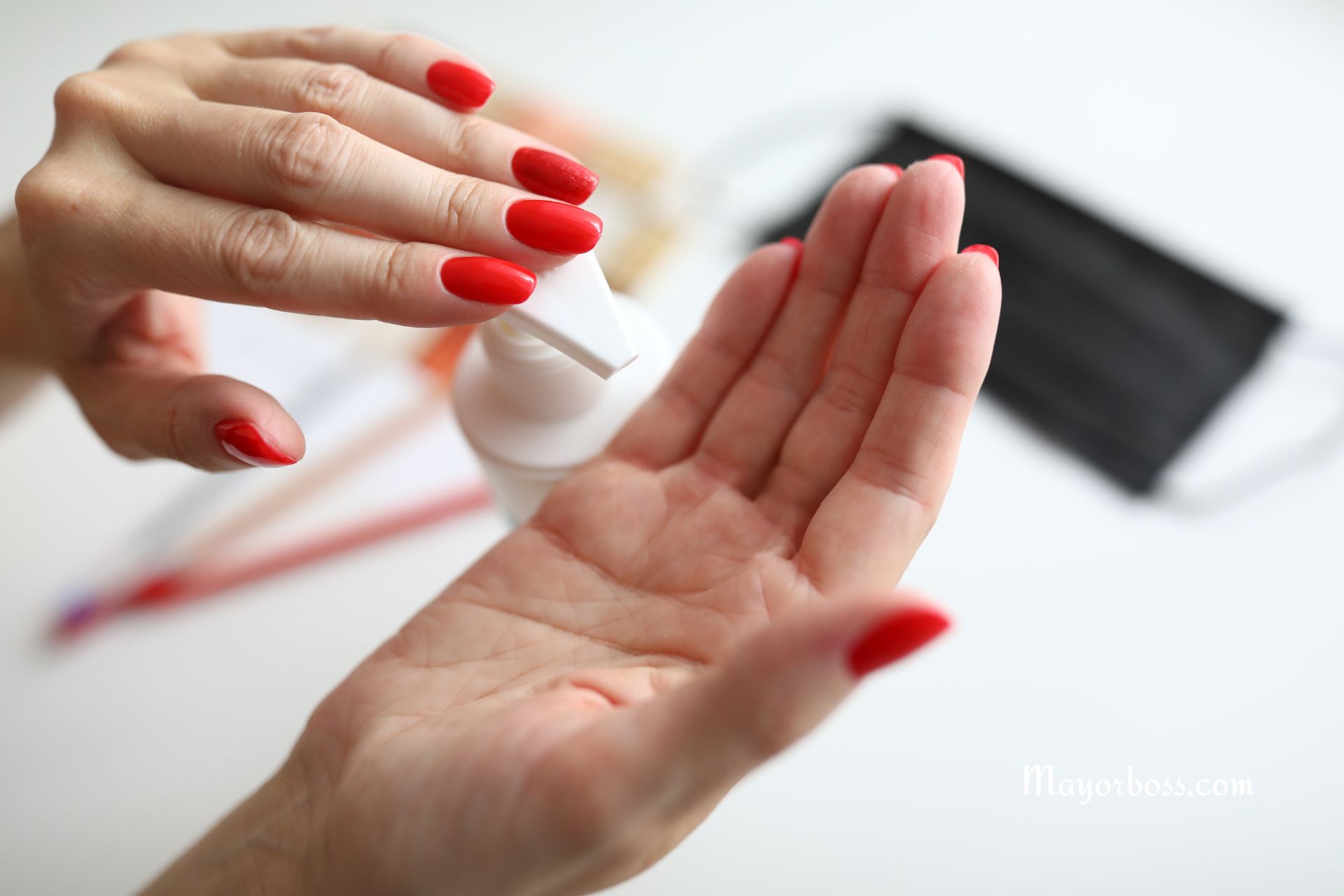Itchy After Using Lube? You Might Be Allergic to Water-Based Products
Have you ever experienced itching or discomfort after using a lubricant? This could mean that you’re allergic to water-based lubes. It might surprise you, but yes, it’s possible to have an allergic reaction to something designed to make your intimate moments smoother and more enjoyable. In this article, we’ll discuss why this happens, how to identify an allergy, and what alternatives you can consider to avoid discomfort.

What is Lubricant Allergies?
Allergies occur when your body’s immune system reacts to a substance it considers harmful, even if it isn’t. In the case of water-based lubricants, certain ingredients like glycerin or parabens could trigger this reaction. These substances are common in many products, not just lubes, which makes pinpointing the allergy a bit tricky.
Symptoms of Allergies to Water-Based Lube
The most noticeable symptom is itching. However, you might also experience redness, swelling, or a burning sensation in areas where the lubricant was applied. If you notice these symptoms, it’s crucial to stop using the product immediately. Prolonged exposure could worsen the reaction.
Why Water-Based Lubricants?
Water-based lubricants are popular because they’re safe to use with latex condoms and are generally easy to clean up. Unfortunately, the very ingredients that make them water-soluble and non-sticky can also cause allergic reactions in some people.
Diagnosing a Lubricant Allergy
If you suspect you’re allergic, the first step is to stop using the product and see if the symptoms subside. You might also want to try a patch test: apply a small amount of the lubricant to an area of your skin that’s easy to monitor, like your inner forearm, and wait to see if any symptoms develop.
Alternatives to Water-Based Lubricants
Luckily, if you’re allergic to water-based lubes, there are alternatives:
Silicone-Based Lubricants
Silicone lubes are a great alternative. They’re hypoallergenic, meaning they’re less likely to cause allergic reactions. Plus, they last longer and don’t dry out as quickly, making them perfect for longer sessions or water play. However, they can degrade silicone sex toys and aren’t recommended for use with them.
Oil-Based Lubricants
These are another option, especially for those not using latex condoms, as oil can degrade latex. Natural oils like coconut or almond oil can be gentle on the skin, but it’s essential to patch test first, as you could be allergic to these as well.
Water-Silicone Hybrid Lubricants
These products combine the best of both worlds: the ease of cleanup of water-based lubes with the smooth, long-lasting effect of silicone. They might be less likely to cause allergic reactions, but as always, patch testing is recommended.
When to See a Doctor
If you experience severe reactions, it’s essential to consult a healthcare professional. They can provide guidance, run allergy tests, and recommend treatment if necessary. In addition, if you find that you’re allergic to multiple types of lubricants, a doctor can help determine the specific ingredient causing the issue.
In conclusion, an allergic reaction to water-based lubricants, while inconvenient, is manageable once identified. By paying attention to how your body responds and exploring alternatives, you can enjoy intimate moments without discomfort. Always remember, when trying a new product, doing a small patch test can save you from potential irritation or allergic reactions later on.
Frequently Asked Questions
- Can I develop an allergy over time, even if I’ve used the same product before without issues? Yes, allergies can develop at any time, even if you’ve used a product previously without any problems.
- Are there any natural lubricants that are less likely to cause allergic reactions? Yes, some people find that natural oils like coconut or almond oil are gentler on their skin. However, always perform a patch test first.
- What should I do if I have an allergic reaction? Stop using the product immediately and wash the area with water. If the reaction is severe, consult a healthcare provider for further advice.
